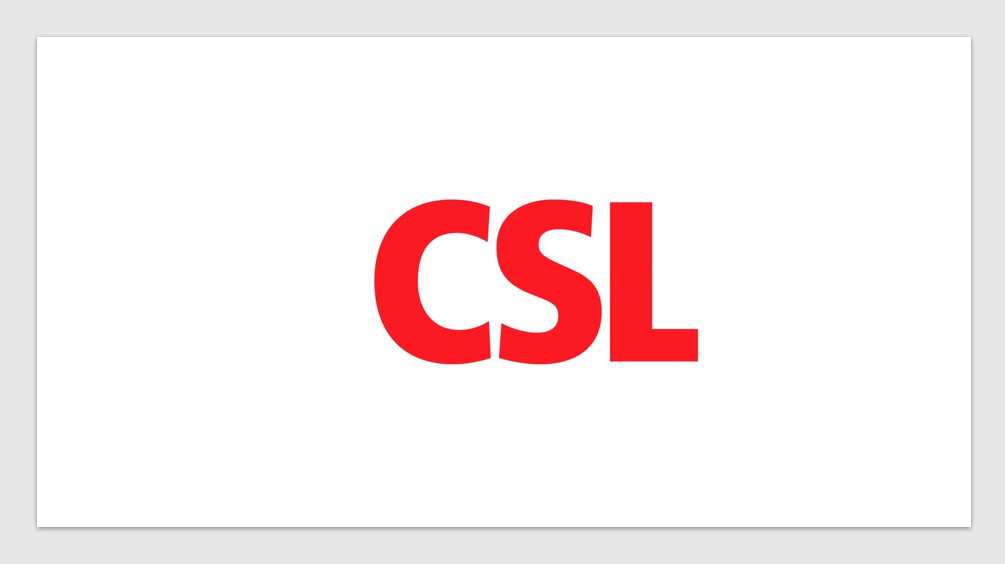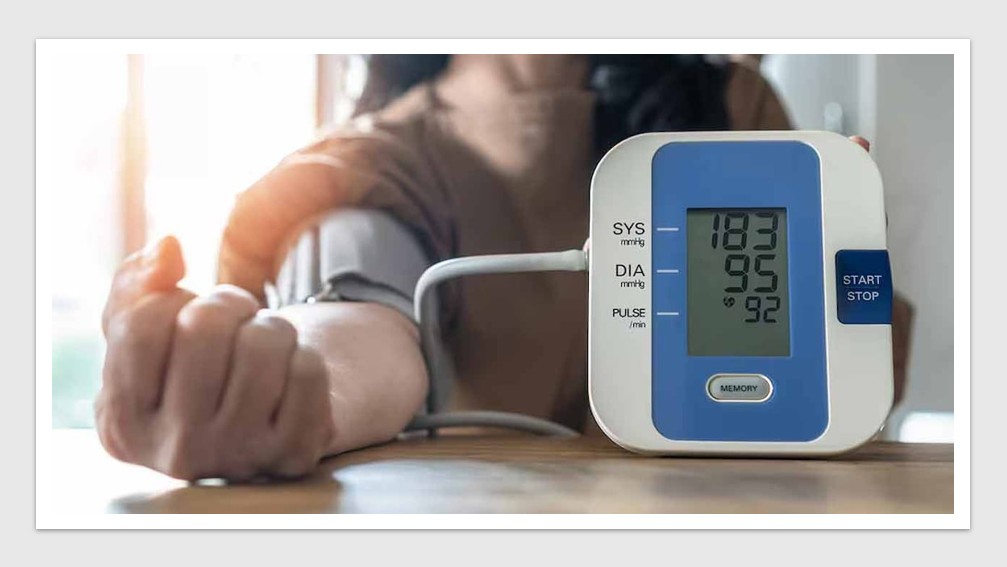News & Trends - MedTech & Diagnostics
Department of Health scraps Prescribed List reform measures amid stakeholder backlash

The Department of Health has declared “insufficient evidence” to justify legislating two proposed measures related to the Prescribed List (PL) reforms. This decision comes after a series of consultations last year on the compliance, assurance, and information-sharing measures.
The two proposed measures were outlined in Consultation Papers 8a and 8b:
- Consultation Paper 8a – the proposed measure that would require hospitals or sponsors to maintain and report a gifts, benefits and discounts register.
- Consultation Paper 8b – the proposed measure that would restrict sponsors from charging an amount higher than the Prescribed List benefit for their medical devices and human tissue products.
Stakeholders voiced significant concerns in response to Consultation Paper 8a. The primary issue raised was the increased regulatory burden and administrative costs. Many feared the additional complexity would push up the cost of delivering medical technology to patients, with hospitals already struggling under mounting operational costs. A widespread concern was that these regulations could push hospitals further into financial strain.
A key point of contention was the responsibility for reporting. The consultation paper suggested that medical device sponsors should carry the legal obligation to report, but this raised challenges, especially when sponsors rely on third-party distributors and have limited oversight over the data required. Moreover, sponsors may not always be aware of which items hospitals claim under the PL.
Privacy concerns also dominated the stakeholder feedback. Many worried that disclosing commercial arrangements between medtech companies and hospitals would compromise the confidentiality that these private entities rely on. Stakeholders specifically requested protections against Freedom of Information requests to shield sensitive information.
Similarly, consultation Paper 8b sparked significant backlash against the proposal to align charges for supplying medical devices with the corresponding PL benefits. Under current regulations, the Private Health Insurance (PHI) Act does not restrict charging above the PL benefit listed in the Medical Devices and Human Tissue Products (MDHTP) Rules. This could lead hospitals to bear additional expenses, potentially passed on to patients as out-of-pocket costs.
Some medtech companies admitted to supplying devices to hospitals at prices exceeding current PL benefits, attributing this to declining PL benefits amid rising manufacturing costs and increased regulatory expenses.
Manufacturers selling through third-party distributors emphasised their lack of control over market prices, especially when competing with overseas manufacturers.
Several stakeholders also expressed concern that the introduction of new, technologically advanced medical devices to the Australian market may be jeopardised if manufacturing costs continued to outpace PL benefits.
“As a result, these measures have been removed from the proposed Compliance, Assurance and Data Sharing Bill. The Department will continue to review and consult to identify relevant evidence that supports the need for these types of consumer protection measures to safeguard the operation of the Prescribed List,” concluded the Department of Health.
![]() In reimagining healthcare across the entire patient journey, Health Industry HubTM is the only one-stop-hub uniting the diversity of the Pharma, MedTech, Diagnostics & Biotech sectors to inspire meaningful change.
In reimagining healthcare across the entire patient journey, Health Industry HubTM is the only one-stop-hub uniting the diversity of the Pharma, MedTech, Diagnostics & Biotech sectors to inspire meaningful change.
The Health Industry HubTM content is copyright protected. Access is available under individual user licenses. Please click here to subscribe and visit T&Cs here.
News & Trends - Biotechnology

CSL reshapes R&D while bracing for U.S. tariffs
Australia’s largest biotech company CSL is streamlining its R&D operations to enhance efficiency amidst a rapidly evolving global landscape. The […]
MoreNews & Trends - MedTech & Diagnostics

Australia joins Medtronic trial in fight against resistant hypertension
Medtronic has launched an international clinical trial across Australia, the United States, and Europe to evaluate the feasibility of multi-organ […]
MoreNews & Trends - MedTech & Diagnostics

Medibank launches pharmacogenetic testing while government stalls on insurance discrimination ban
Medibank has become the first Australian health insurer to pay towards pharmacogenetic testing (PGx) for eligible customers on Extras cover. […]
MoreNews & Trends - Pharmaceuticals

Global pledge shifts visibility and action for patients with advanced breast cancer
Three breast cancer organisations have united internationally to demand that people living with metastatic breast cancer (MBC) are no longer […]
More